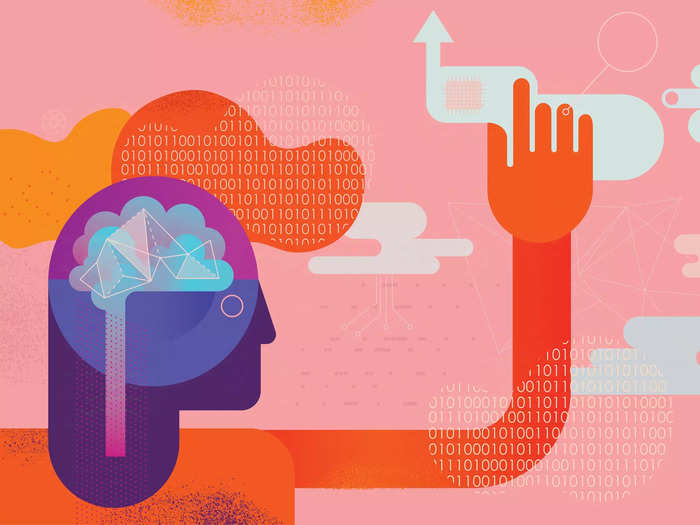A team of Google DeepMind researchers, along with computer scientists and sociologists, has developed a breakthrough AI system that can blur the line between technology and identity, creating eerily accurate simulations of an individual’s personality. did.
This innovative system uses artificial intelligence to analyze reactions in real time and generate what researchers call a “personality agent.” While the concept may conjure up images of cloning or digital twins, the researchers are quick to point out that their aims are far from dystopian. Rather, they see it as a tool to revolutionize sociology and research, making it faster, cheaper, and more accurate to study how people think and feel about the world around them.
The process begins with a two-hour interview conducted by conversational AI through an intuitive and engagingly designed interface. A friendly 2D sprite represents your AI interviewer, whose white circle pulsates as you speak. When it’s a participant’s turn, the sprite transforms into a microphone icon and a progress bar captures the participant’s responses while tracking the session. It’s an almost game-like experience, but there’s an AI working hard behind the scenes. Build your digital personality by analyzing your voice patterns, preferences, and decision-making tendencies. This is a model that researchers claim can answer questions with an astonishing 85% accuracy compared to a real human.
The researchers, who interviewed 1,000 participants to train the system, are confident in its potential. They envision this as a game-changer for the field of sociology, which relies heavily on research to understand human behavior. Traditional surveys are time-consuming and expensive, requiring researchers to meticulously create, distribute, and analyze them. AI-generated personality agents allow researchers to simulate reactions to different scenarios without having to interview thousands of individuals each time. This has the potential to significantly reduce costs while increasing the scale and accuracy of social research.
But its influence extends beyond academia. The ability to simulate personalities could transform personal AI assistants, making them more intuitive and personalized. Imagine a digital assistant that truly “understands” you and predicts your needs and preferences with incredible accuracy. The technology could also enhance human-robot interaction and pave the way for robots to naturally respond to emotions and situations in the same way humans do.
Of course, this concept is not without its challenges. Ethical considerations are important. How can we ensure consent is obtained when creating and using these digital replicas? What happens if someone uses this technology maliciously? For example, these AI models uses a deep understanding of their preferences to subtly manipulate behavior and can be weaponized in targeted advertising and political campaigns. There’s also the psychological discomfort of knowing that your digital “self” interacts with others in ways you can’t control, potentially leading to trust issues and emotional harm.
The researchers acknowledge these concerns, but stress they are focused on transparency and ethical development. For now, they are prioritizing use in sociological research, but the potential for broader applications cannot be ruled out.
Whether you’re excited or nervous about that future, one thing is clear. The line between humans and machines is becoming increasingly blurred.
The research results are published in a preprint journal and can be accessed here.



